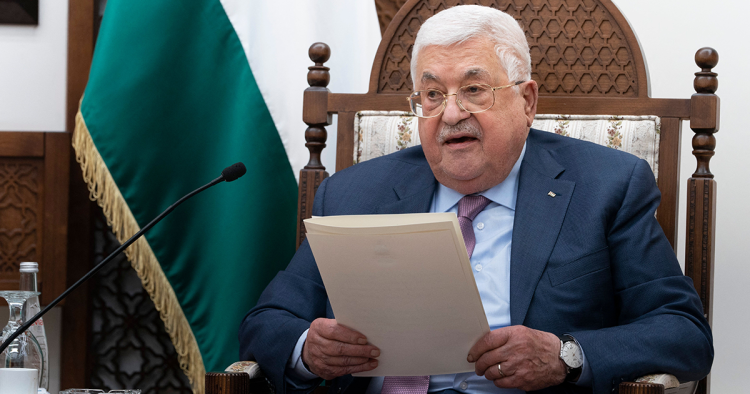In response to the Israeli military’s recent assault on the Jenin refugee camp that killed at least 10 people, Palestinian President Mahmoud Abbas announced he was immediately suspending security coordination with Israel. The decision was intended as a protest against the almost daily Israeli army raids on Palestinian towns and villages in the occupied West Bank that have killed at least 41 Palestinians just since the start of the year.
The ongoing Israeli offensive marks a major upsurge in an already bloody episode that has seen some 190 Palestinians killed in 2022—making it the deadliest year for West Bank Palestinians since the end of the Second Intifada in 2005. In the wake of the killings in Jenin, a Palestinian man shot seven Israelis to death outside a synagogue in the East Jerusalem settlement of Neve Yaakov. The uptick in violence came just as senior U.S. officials, including Secretary of State Antony Blinken and CIA Director William Burns, were in the region for talks with Israeli and Palestinian leaders.
The decision to suspend security coordination with Israel was not one that Abbas took lightly or enthusiastically. Given the mounting Palestinian death toll, however, he had little choice in the matter. Security cooperation between the Palestinian Authority (PA) and Israel, which Abbas has described as a “sacred” responsibility, has been a central pillar of the Oslo process since 1993. Moreover, it is vital to the survival of the PA itself—and, from Israel’s standpoint, the PA’s raison d’être.
Continue reading on Foreign Policy
Photo by JACQUELYN MARTIN/POOL/AFP via Getty Images
The Middle East Institute (MEI) is an independent, non-partisan, non-for-profit, educational organization. It does not engage in advocacy and its scholars’ opinions are their own. MEI welcomes financial donations, but retains sole editorial control over its work and its publications reflect only the authors’ views. For a listing of MEI donors, please click here.













